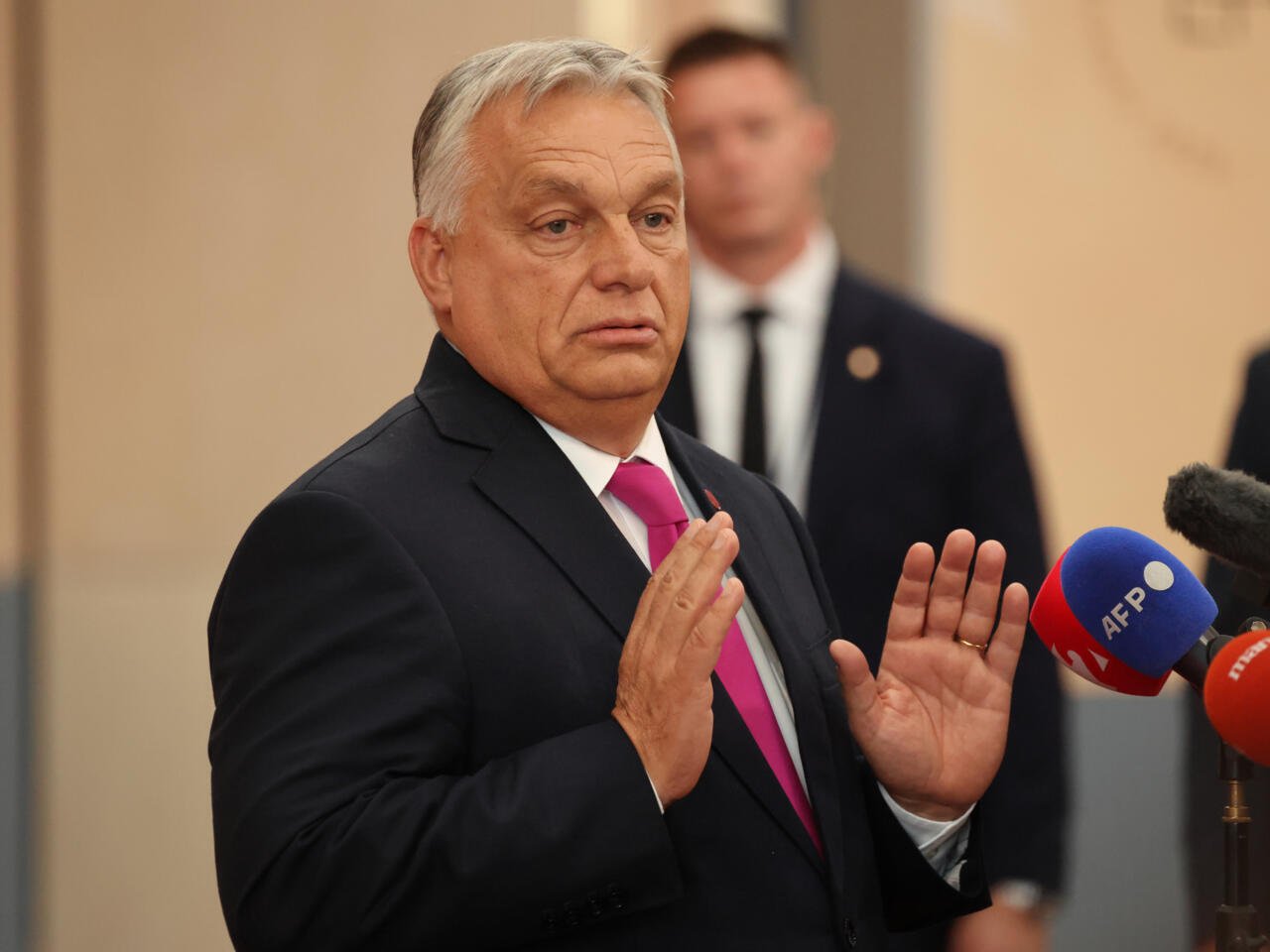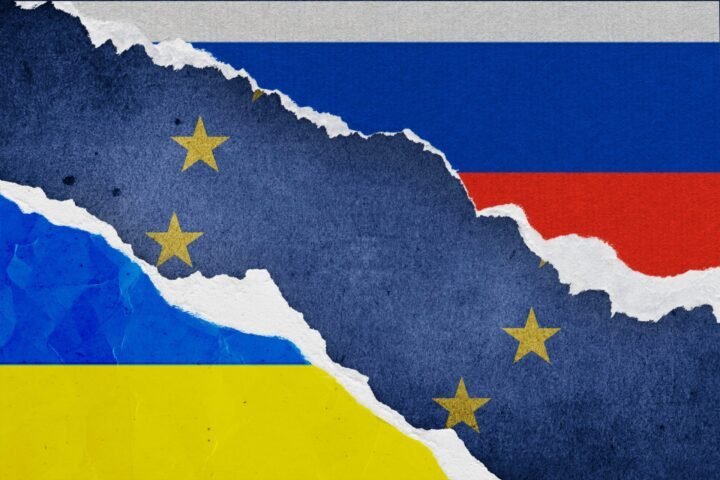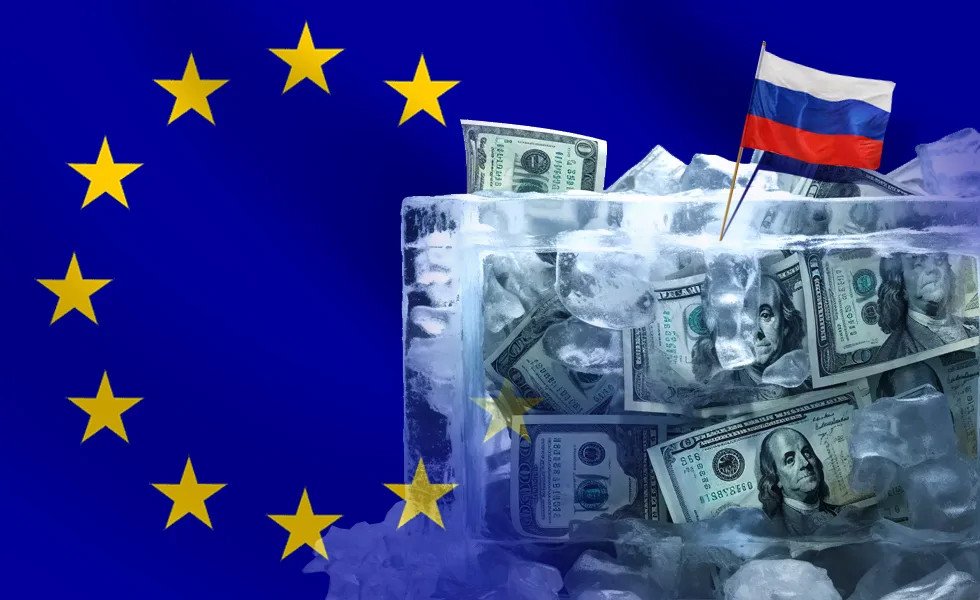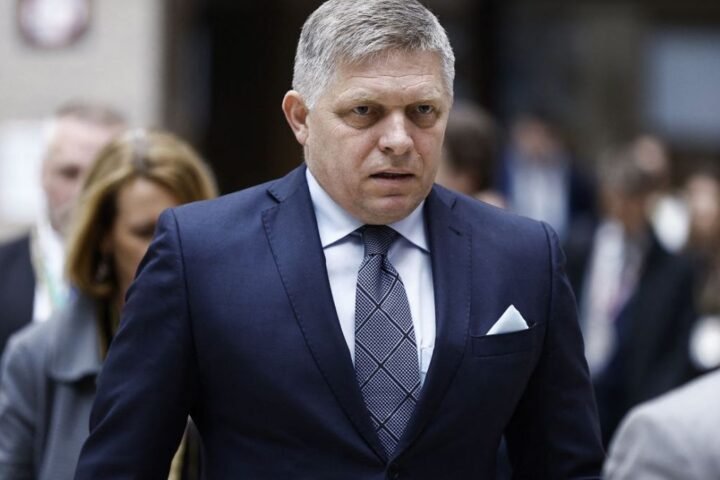On October 9, 2025, a joint investigation by Spiegel, De Tijd, Paper Trail Media, Der Standard, and Hungarian NGO Direkt36 revealed that Hungarian intelligence services conducted covert operations in Brussels for years. Agents reportedly targeted European Union institutions, attempting to recruit officials while operating under diplomatic cover at Hungary’s EU representation. The alleged effort included financial incentives offered to civil servants.
Espionage operation rooted in long-standing tensions
According to the investigation, the operation began around 2015 amid growing friction between Prime Minister Viktor Orbán’s government and the European Commission. The probe identified an operative, referred to as “V.”, who served at Hungary’s EU mission between 2015 and 2017 under then-head Oliver Varhelyi, now European Commissioner for Health and Food Safety. V. allegedly cultivated regular contact with an EU Commission official, gathering both official documentation and informal intelligence before offering money for cooperation. The effort was uncovered in 2017 after the agent used unsecured communication channels. Despite exposure, V. advanced in rank to lieutenant colonel and now serves in Hungary’s external intelligence service.
Two additional suspected operatives reportedly engaged in similarly aggressive intelligence activities during the same period. Investigators note the methods used resembled tactics attributed to states such as Russia and China rather than typical EU member state conduct.
Deepening political crisis between Budapest and Brussels
The revelations underscore a decade-long crisis of trust. Relations between Hungary and EU institutions have deteriorated over disputes involving democratic standards, judicial independence, media freedom, and alleged misuse of EU funds. Brussels has responded by freezing certain funding to Hungary, while Budapest has blocked major EU decisions, including measures on support for Ukraine and sanctions against Russia. Analysts see Orbán’s strategy as aimed at consolidating domestic power, even at the expense of deeper alienation from the bloc.
Implications for EU security and internal trust
The case raises broader concerns about internal security within the EU. Until now, threats were primarily viewed as external — from Russia or China. The possibility that a member state could act as an intelligence threat undermines the foundational trust of the Union and could prompt significant policy changes. Experts suggest this incident may accelerate calls for enhanced monitoring of diplomatic missions, stronger counterintelligence cooperation, and unified security protocols.
Hungary’s history of espionage controversies
Hungary has previously been implicated in spying scandals involving the EU. In December 2024, reports emerged that Hungarian services surveilled investigators from the European Anti-Fraud Office probing corruption linked to the family of Prime Minister Orbán. From 2015 to 2017, Hungarian agents also reportedly tracked EU officials during visits to Hungary, heightening concerns about state-level surveillance inside the bloc.
These developments may further erode trust between Budapest and Brussels, amplifying a broader divide within the EU over rule of law, sovereignty, and collective security.









